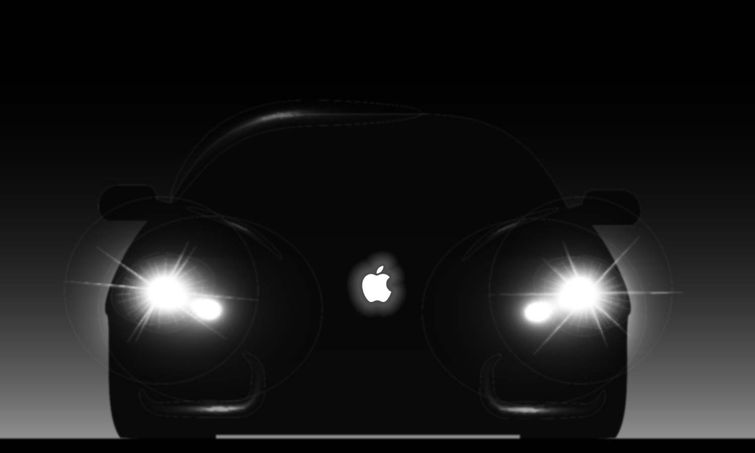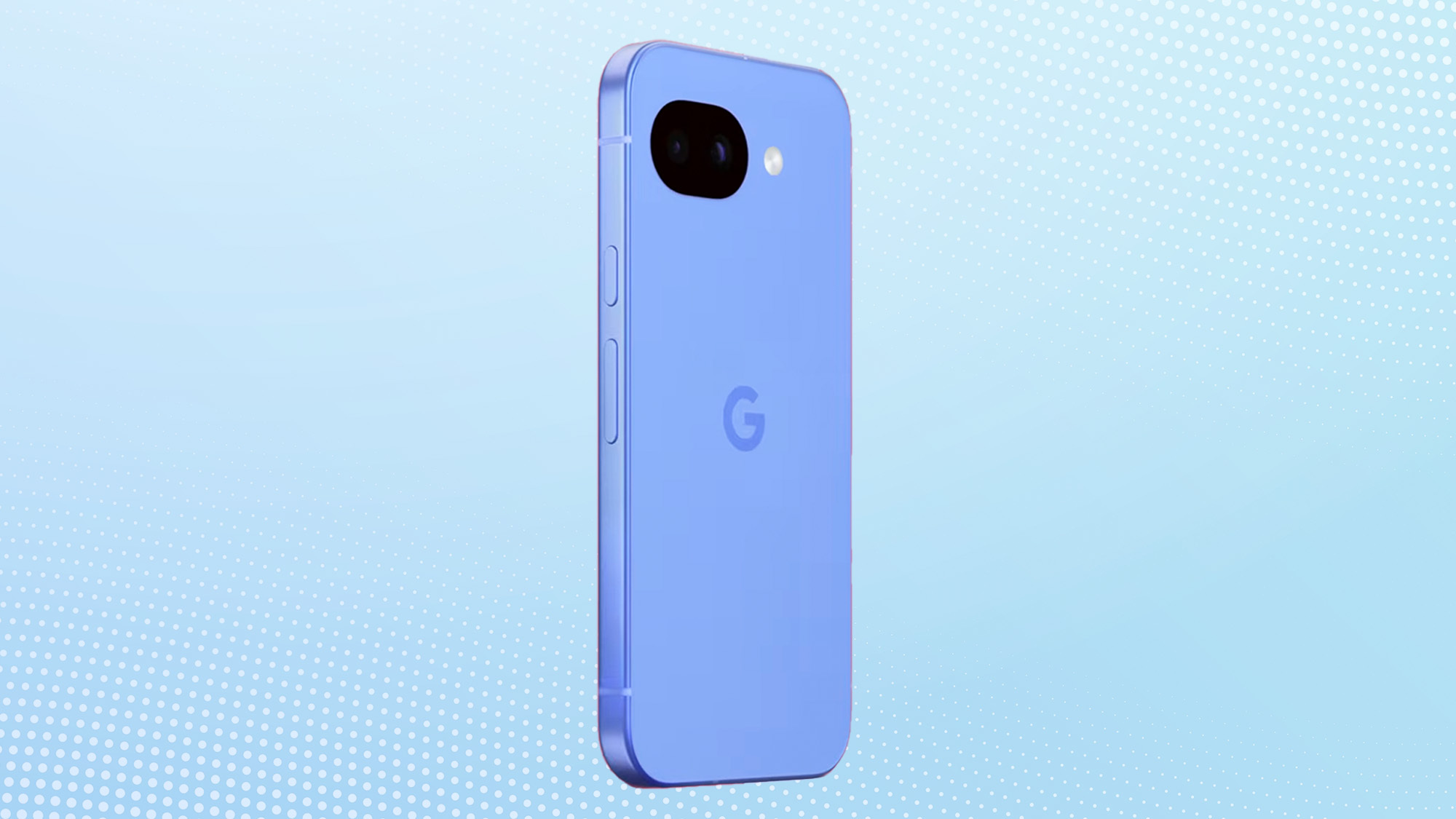Is the Apple Car Dead or Just Stalled?
Despite grand ambitions, Apple’s car project has hit a wall, and the new direction is much more focused on software than an actual vehicle.
Here at Tom’s Guide our expert editors are committed to bringing you the best news, reviews and guides to help you stay informed and ahead of the curve!
You are now subscribed
Your newsletter sign-up was successful
Want to add more newsletters?

Daily (Mon-Sun)
Tom's Guide Daily
Sign up to get the latest updates on all of your favorite content! From cutting-edge tech news and the hottest streaming buzz to unbeatable deals on the best products and in-depth reviews, we’ve got you covered.

Weekly on Thursday
Tom's AI Guide
Be AI savvy with your weekly newsletter summing up all the biggest AI news you need to know. Plus, analysis from our AI editor and tips on how to use the latest AI tools!

Weekly on Friday
Tom's iGuide
Unlock the vast world of Apple news straight to your inbox. With coverage on everything from exciting product launches to essential software updates, this is your go-to source for the latest updates on all the best Apple content.

Weekly on Monday
Tom's Streaming Guide
Our weekly newsletter is expertly crafted to immerse you in the world of streaming. Stay updated on the latest releases and our top recommendations across your favorite streaming platforms.
Join the club
Get full access to premium articles, exclusive features and a growing list of member rewards.
In the race to build an autonomous car, Apple is in the throes of retooling its whole program.
According to sources cited by The New York Times, Apple has laid off dozens of employees in its secretive Titan car project. The program, which Apple still has not publicly acknowledged, has been underway for about two years, drawing in employees with expertise ranging from car chassis design to battery technology.

Many of the people boast extensive automotive hardware experience. Last spring, for example, Apple hired another engineer from Ford (Todd Gray who worked on the aluminum body construction of the F-150 pickup).
But in what may have been a more telling hire last summer, Apple enlisted Dan Dodge, the former CEO of QNX whose software is already in hundreds of thousands of cars on the road (QNX is owned by Blackberry). That may have been the crucial pivot for Apple away from developing an autonomous car and toward developing the software to run such cars.
MORE: 10 Best High-Tech Cars on the Road
“Building a car is a complex process,” says Brian Moody, executive editor of Autotrader. “There are maybe 5,000 different pieces from different suppliers in a single car, and I'm not convinced that Apple is going to be better at that than, say, Toyota.”
Akshay Anand, an analyst for Kelley Blue Book (KBB), agrees: “From suppliers to vendors, to regulatory to tons of moving parts, the automotive space has one of the highest barriers of entry of any industry, especially if a company wants to be successful.”
Get instant access to breaking news, the hottest reviews, great deals and helpful tips.
Indeed, established automakers have been working on their own autonomous vehicle programs for years. Mercedes-Benz and Volvo, for example, already have sophisticated semi-autonomous technology in their vehicles. And Ford has pledged it will deliver fully autonomous vehicles for ride-hailing by 2021.
And then there's Google.
The Alphabet subsidiary has logged hundreds of thousands of miles in its autonomous car program, building high-resolution 3D models of streets and highways, as well as fine tuning its software to coordinate information from video cameras, radar and lidar sensors. But even with its years of experience, including working with the likes of Toyota and Fiat Chrysler, Google has said repeatedly that it will not be building cars. Rather, Google says, it is focused on the software that will be behind the next generation of autonomous cars.
The possible course change at Apple may also be due to what it learned launching CarPlay. It's probably still smarting from the delays it experienced in getting its uber app into dashboards. CarPlay, which merely mirrors services available on iPhones, took far longer than initial estimates to get into vehicles and is still having trouble gaining traction in cars, no doubt in part because it has to work with hundreds (if not thousands) of different hardware platforms in vehicles.
MORE: Apple Car Rumors: Release Date, Project Details and More
Apple was built on the idea of adopting technology developed by others and then combining it in unique designs that were easier to use and more appealing to consumers. The Macintosh, iPod, and iPhone represent such landmark designs. However, the one company in the automotive space that has taken a similar approach--Tesla--has shown how difficult it is to catch up to traditional automakers when it comes to even semi-autonomous driving technology.
Last summer, a Tesla Model S failed to detect a semi-tractor trailer on a road in Florida, leading to the death of the driver, and Elon Musk has announced there will be important forthcoming changes to Tesla's Autopilot program.
Meanwhile, traditional car companies are pairing up with high-tech newcomers. Volvo is working with Uber on an autonomous car program in Pittsburgh, and GM, which plans to introduce its Super Cruise semi-autonomous option next year, has invested heavily in Lyft.
Ultimately, Apple's repositioning may come down to recognizing its strengths versus the challenges of building a car. And we could yet see Apple pairing up with automakers who are looking to leverage the company's consumer appeal, according to KBB's Anand.
“CarPlay for the most part works well in cars,” notes Moody of Autotrader, “but as far as building the hardware piece, that's a whole other thing.”
John R. Quain has been reviewing and testing video and audio equipment for more than 20 years. For Tom's Guide, he has reviewed televisions, HDTV antennas, electric bikes, electric cars, as well as other outdoor equipment. He is currently a contributor to The New York Times and the CBS News television program.
 Club Benefits
Club Benefits











